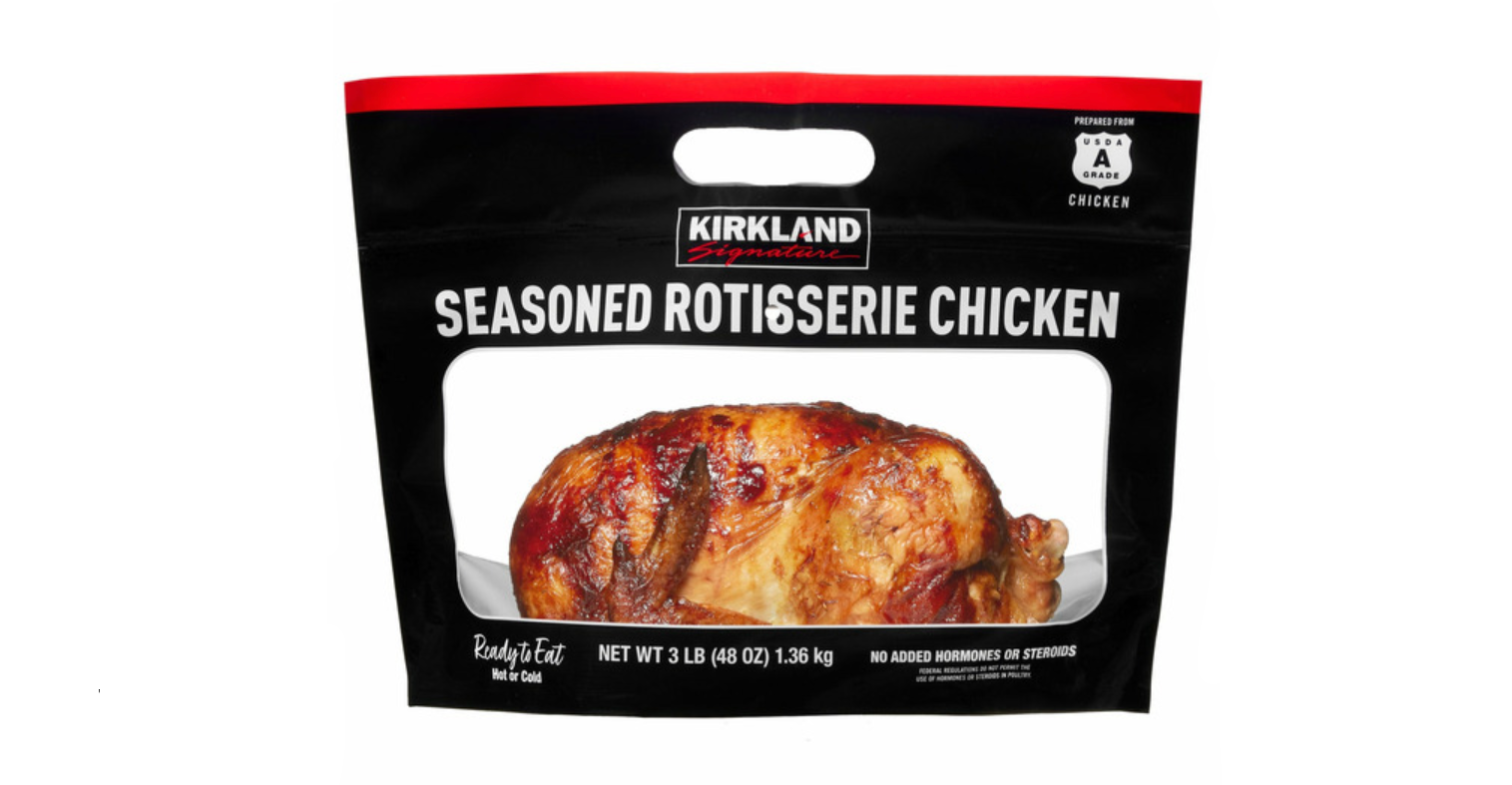
Linda & Rachel Boutique
TINA.org digs into shop’s purported Newport roots, and more.
In April 2014, a federal judge refused to certify the class in a lawsuit alleging that The J.M. Smucker Company misleadingly markets products, including Crisco Shortening and Uncrustables Sandwiches. The complaint, which was originally filed in 2012, alleges that, among other things, the company misleadingly markets products as healthy when they actually contain ingredients that increase the risk of and can lead to various health conditions.
For the classes of people requesting monetary relief (i. e. refunds), the judge refused to certify the class with prejudice (meaning that plaintiff cannot refile) because plaintiff failed to establish that damages can be proven on a classwide basis. The judge also refused to certify the classes requesting injunctive relief (i. e. a court order prohibiting the company from making misleading representations in its marketing) finding that plaintiff did not explain why a class-action would be appropriate. For the injunctive relief classes, the judge denied plaintiff’s motion without prejudice (meaning that plaintiff can refile) and gave plaintiff 14 to explain why class certification would be appropriate. (Caldera v. The J.M. Smucker Company, Case No. 12-cv-04936, C. D. CA.).
For more information about other class-action lawsuits filed against The J.M. Smucker Company and TINA’s coverage of the company, click here.
TINA.org digs into shop’s purported Newport roots, and more.
Here are some of TINA.org’s favorites that are set to air during The Big Game.
TINA.org staffer gets surprise charge.
TINA.org files complaint with NYC over company’s “$19.95” truck rentals.
Lawsuit cries fowl over preservative-free claims.



